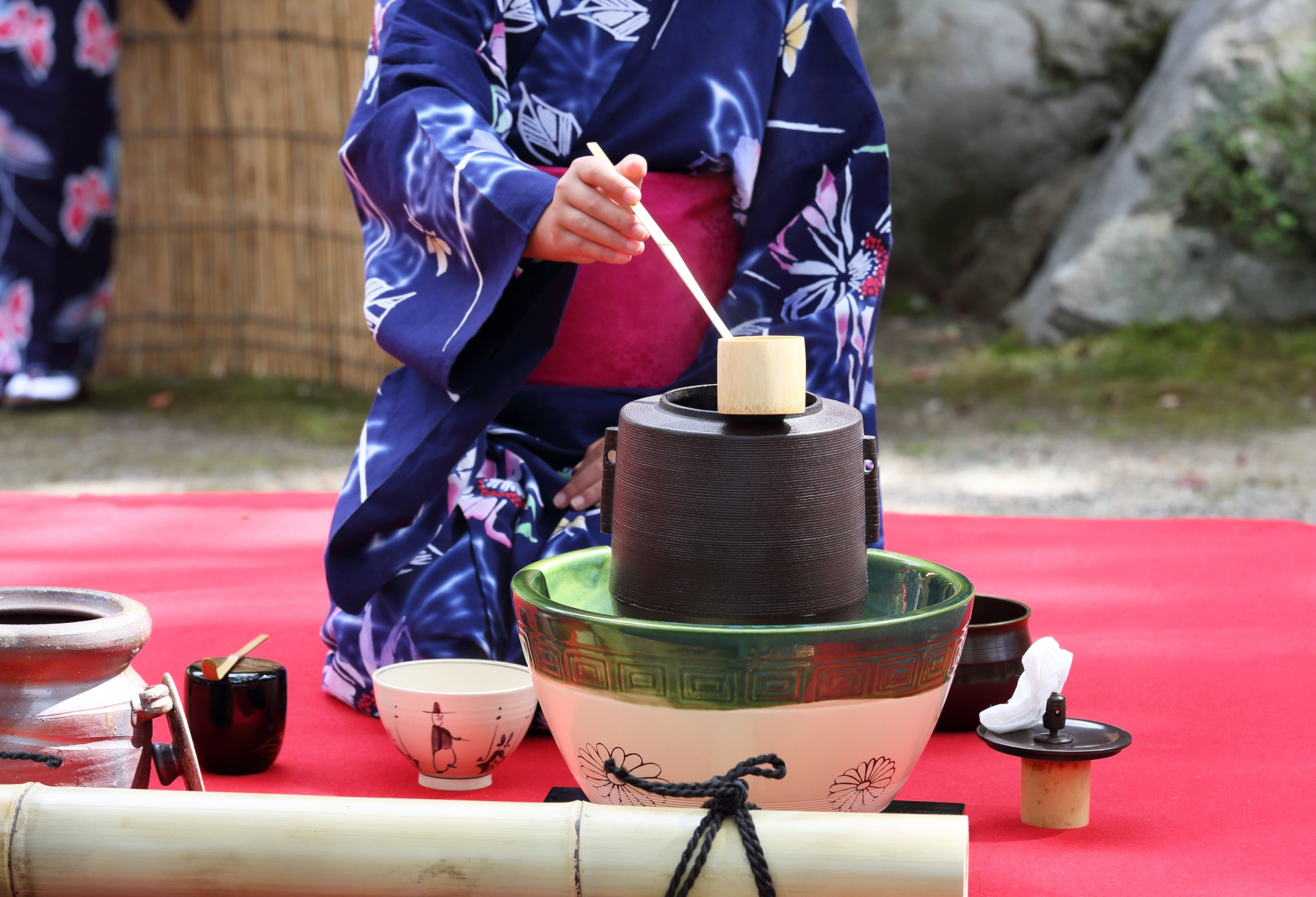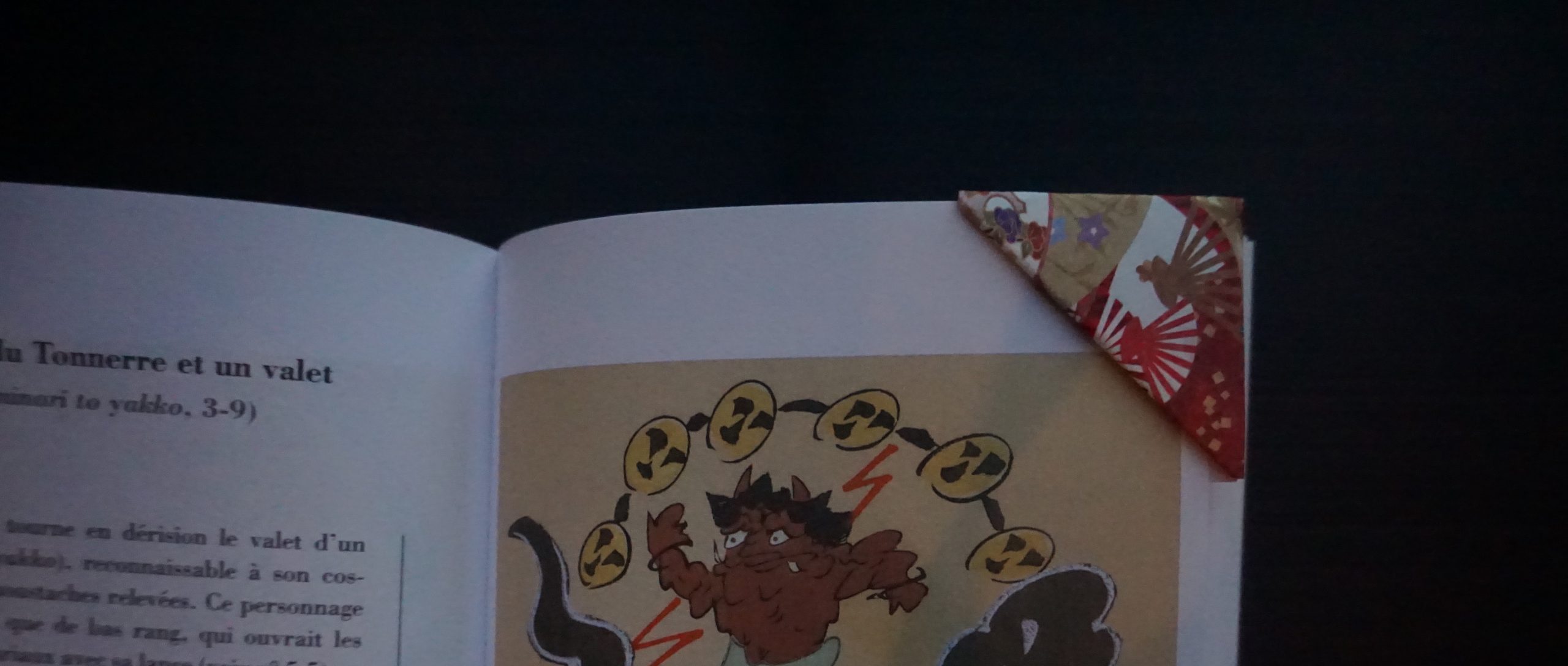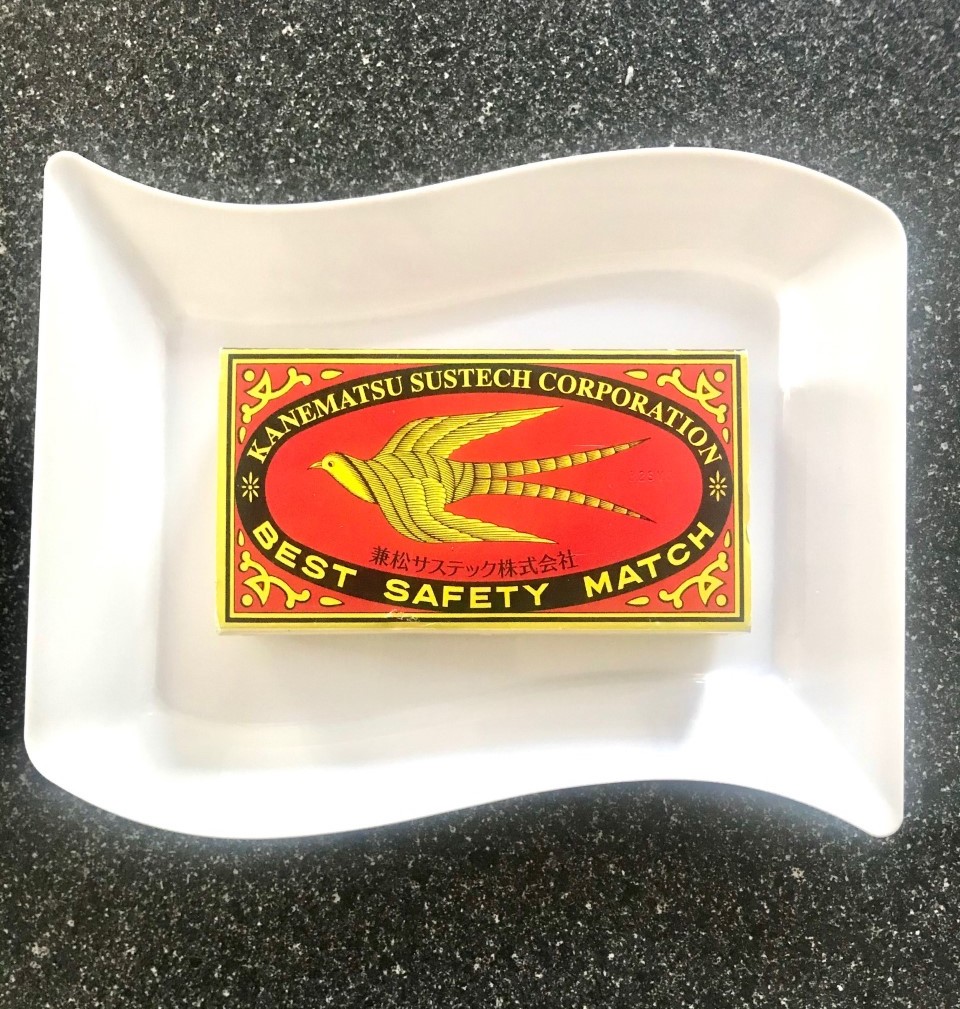While My Eyes Are Black
****************************************************************************************************
Contents
- Black-eyed peas
- The meaning and examples of the expression “while my eyes are black”
- A bit more on the expression “while my eyes are black”
- “While our eyes are black!”
****************************************************************************************************
1. Black-eyed peas
We moved to South Carolina in the Southeast US, so we wanted to eat local lucky food for the New Year’s.
After a search, we found and tried a recipe of Southern Style Black-Eyed Peas. It was delicious and we decided to make it on New Year’s Day.
It is a kind of soup with a lot of ingredients. Typically, they are black-eyed peas, some greens like cabbage or turnip greens, and a pork product like bacon or ham, cooked in broth. Seasoning is salt and pepper, with some spices.
Each of the ingredients has a reason: The black-eyed peas symbolize prosperity since they swell when cooked; the greens symbolize dollar bills, and pigs root forward when foraging and represent positive motion. It sure is a lucky dish!
We soaked the black-eyed peas, a little smaller than soy beans, overnight and looked at them. They looked cute with one black spot on each, their namesake, and looked like small creatures talking to each other.
Suddenly, the Japanese expression “わしの目の黒いうちは‥‥ while my eyes are black…” came to my mind. You find this expression not uncommon when you are reading Japanese books.
2. The meaning and examples of the expression “while my eyes are black”
This expression has nothing to do with black-eyed peas. We just use it when we show a strong determination. It is very colloquial.
However, we don’t use it for something common like our new year’s resolutions but for a little special one.
First, the speaker must be pretty old and has a very determined, even opinionated, character.
Second, he or she uses this expression when they declare that they do not let any trouble happen to their precious possession, family or friends. They also use it when they declare they will keep those dear things or people indefinitely under their protection and care. The following are some examples:
Example 1: [父親が娘に向かって] わしの目の黒いうちはあんな男とは結婚させないぞ。Washi no me no kuroi uchi wa anna otoko to wa kekkon sasenai zo. [Father to daughter]: While my eyes are black, I will never let you marry that man.
Ex. 2: [父親が、離婚して小さな息子を連れて実家に戻ってきた娘に] 俺の目の黒いうちはあの子の世話にかかる費用は心配ない。Ore no me no kuroi uchi wa ano ko no sewa ni kakaru hiyoo wa sinpai nai. [Father to daughter who divorced and came home with her little son] As long as my eyes are black, you will never have to worry about the expenses for the child.
Ex. 3: [祖母が孫に] あたしの目の黒いうちは必ず面倒をみてやるからね。Atashi no me no kuroi uchi wa kanarazu mendoo o mite yaru kara ne. [Grandmother to grandchild] As long my eyes are black, I will always take care of you.
Ex. 4: [地主が不動産業者に] 私の目の黒いうちはあの木は切らせない。Watashi no me no kuroi uchi wa ano ki wa kirasenai. [Landowner to real estate developer] While my eyes are black, I will never have that tree cut down.
Ex. 5: [地主が不動産業者に] 私の目の黒いうちはうちの地所にパチンコ屋は作らせない。Watashi no me no kuroi uchi wa uchi no jisho ni pachinko-ya wa tsukurasenai. [Landowner to real estate developer] While my eyes are black, I will never have a pachinko shop built on my property.
Ex. 6: [地主が不動産業者に] 私の目の黒いうちはこの先祖代々の土地は売らない。Watashi no me no kuroi uchi wa kono senzo-daidai no tochi wa uranai. [Landowner to real estate developer] While my eyes are black, I will never sell this property; it has been handed down for generations.
3. A bit more on the expression “while my eyes are black”
It is said that when someone dies, the white of the eye often stays in the front, so “while my eyes are black” means “while I am alive”.
This expression is from the time when every Japanese eye was black. Since there were always various eye colors in the US, there is no identical expression in English.
This expression has a very strong tone. We translated all the Examples (1-6) literally, but you can translate it in different ways. For example, Ex. 1 may be translated as “Over my dead body will you marry that guy.”
As for the grammar, you may point out that it should be “私の目が黒いうち watashi no me ga kuroi uchi”, not “私の目の黒いうち watashi no me no kuroi uchi”. Actually, either is fine.
The reason is “私の目の黒い watashi no me ga kuroi (my eyes are black)” modifies “うち uchi (the period). And inside a modifier, often the particle “が ga” after the subject is replaced by “no”.
4. “While our eyes are black!”
Before starting to cook, we looked at the black-eyed peas and wondered what they were chatting about.
It seemed that they were saying “俺たちの目の黒いうちは、勝手にレシピを変えさせないぞ。 Ore-tachi no me ga kuroi uchi wa, katte ni reshipi o kaesasenai zo!” (As long as our eyes are black, we will never have the traditional recipe tampered with!)
But it’s too late; we had already tried various ways. We doubled the celery and onion, used bacon and chorizo, and used “tiger peas” in Japan where there are no Black-Eyed Peas. In any way, this recipe worked quite well.
[print-me]




